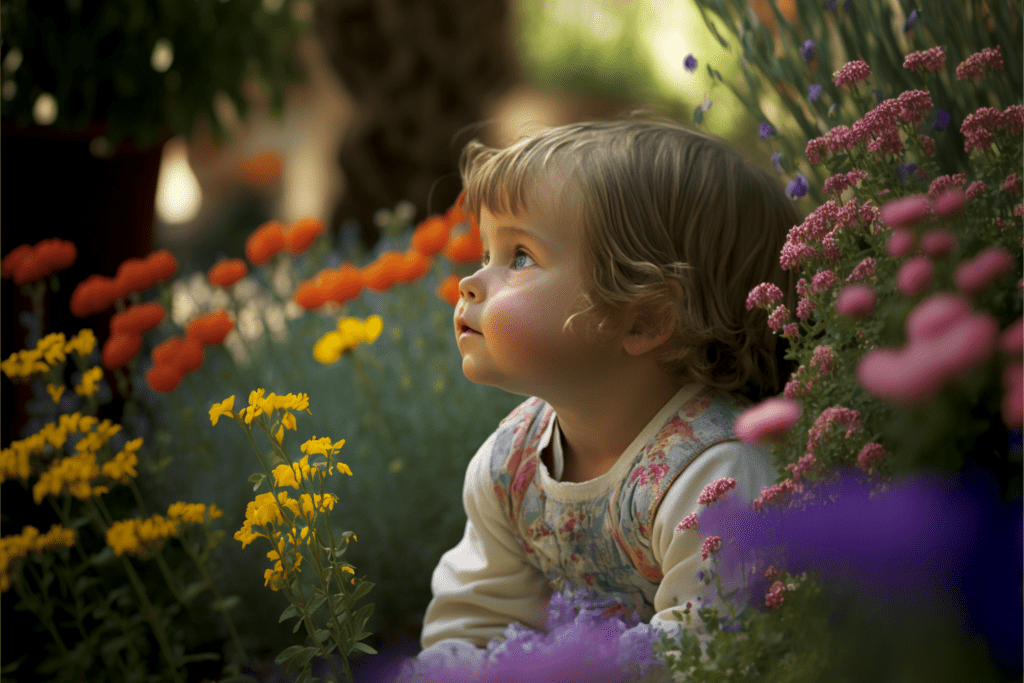Toxic shame in replacement children: Therapeutic approaches
Invisible scars and pain Invisible emotional wounds can go deeper than physical injuries. That is particularly true of the surrogate child syndrome and toxic shame. Both have far-reaching effects on individual well-being. They require sensitive and professional support to enable sustainable healing and personal growth. Causes and effects Toxic shame in replacement child syndrome results […]
Toxic shame in replacement children: Therapeutic approaches Read More »



